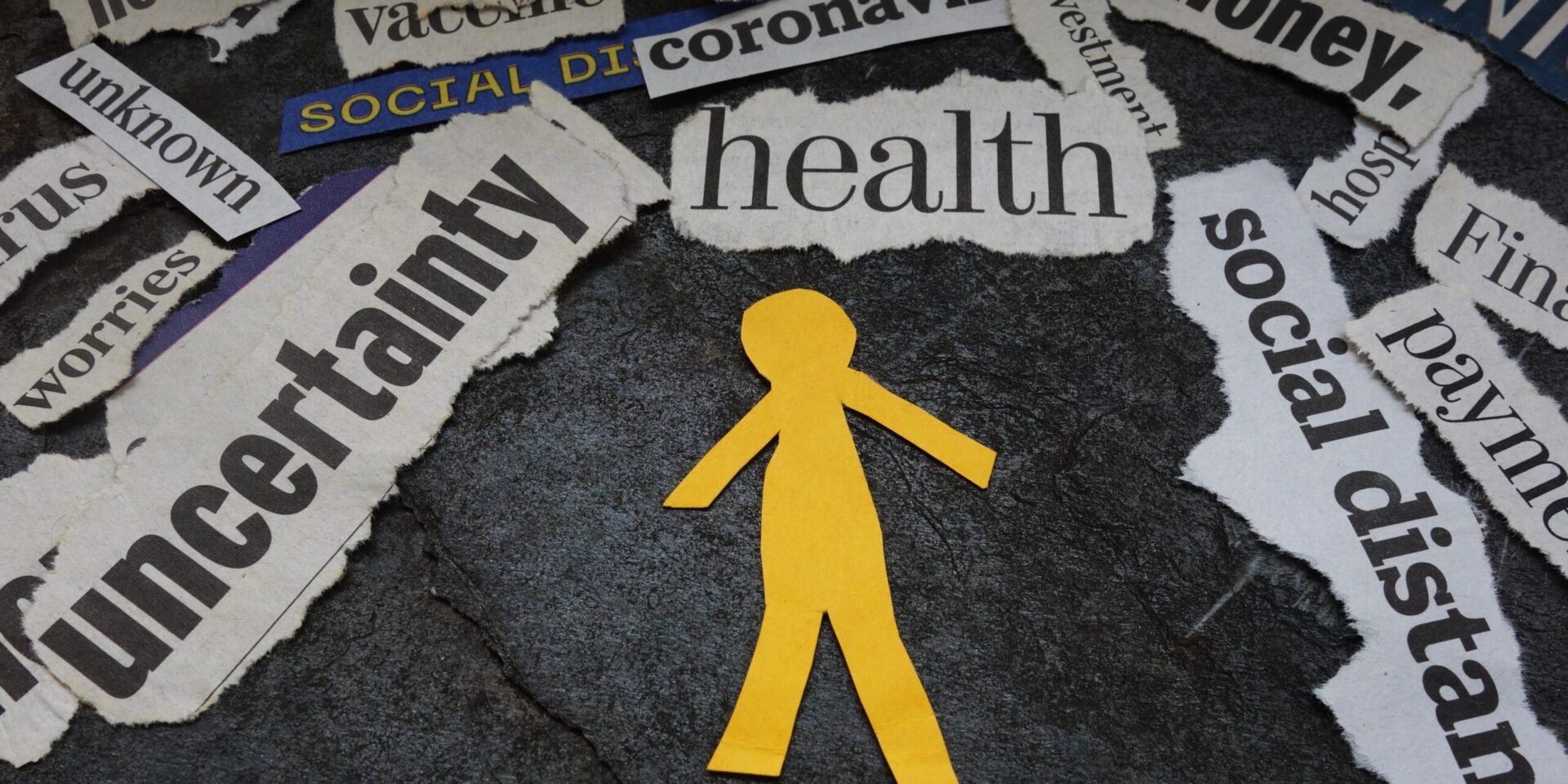The Pandemic and Financial Vulnerability
It’s fair to say that the pandemic has impacted all our lives in a way that we could not have foreseen at the start of last year.
We’re now hopeful that normality is starting to return, but it’s not without some bumps along the way. The effects Covid-19 has had on our personal finances are wide and varied, and we will be dealing with the aftershock for some time to come.
As financial planners, we have been working with clients from all walks of life to help them manage their money and best prepare for the future. And it’s been worrying to see just how much Covid-19 has created financial vulnerabilities or exacerbated underlying issues.
The Effect of the Pandemic on Personal Finances
The pandemic has caused problems in every area of our lives, and our finances are no different.
Our profession is regulated by the Financial Conduct Authority (FCA), and its research is one indicator of the severe effect of the pandemic.
The Financial Lives Survey (published in February 2021) found that 46% of adults had ‘characteristics of vulnerability’ just before lockdown. By October 2020, this had increased to 53%.
From the widening gender pension gap to the effect of falling ill during the pandemic to the ‘income shock’ of redundancy, the increased pressure on our finances can strain our relationships, mental health challenges and issues with addiction in a bid to cope with financial vulnerability.
The Growing Gender Pension Gap
The growing gender pension gap is a startling example of how pay inequality has worsened during the pandemic.
According to research published by equity release provider, more2life in August 2021, the difference between the average pensions of women and men over the age of 55 widened by almost £184,000 in the last year.
A staggering figure that means women would need to work an extra 14.5 years for their retirement savings to catch up with men.
It is coupled with the fact that during the pandemic, the sectors that tend to employ more women, such as childcare and retail, have generally taken longer to get back to work than the likes of the male-dominated construction industry because of restrictions, creating an even deeper level of income inequality.
Mental Health and Financial Strain
At the other end of the career spectrum, the Resolution Foundation reported that more than one in four young people are concerned that poor mental health will impact their finding work after the pandemic.
There is also the increased threat of redundancy on the horizon with furlough schemes due to close at the end of September.
Trying to secure a wage in an uncertain economic climate paired with the added pressure of overcoming mental health challenges can be too much for some. As a result, financial vulnerability among this younger generation is a genuine and growing concern.
Supporting the Financially Vulnerable
People need to know and be reassured that there is help out there when responding to such financial anxieties.
We take time to get to know our clients rather than adopting a ‘one size fits all’ approach. We offer a range of ways to communicate, and we work with the likes of the Alzheimer’s Society and other relevant organisations when advising individuals with specific vulnerabilities.
The pandemic will pass in time, but we need to work together to ensure your finances can also be stabilised for years to come.
To deal with this situation, I’ve been talking to my colleagues and other professionals, such as lawyers and mental health experts, about the different ways in which we can advise and support people through this challenging time.
Being able to meet the needs of vulnerable clients and their families is more important than ever. And we want to ensure we are providing the support they need every step of the way.
If you are struggling with the financial pressures caused by the Covid-19 pandemic, or if you’d like to improve your financial situation for any other reason, get in touch to arrange a no-obligation consultation with one of our financial planners.
By Rhian Morgan
Published in The Herald on 9 September 2021
